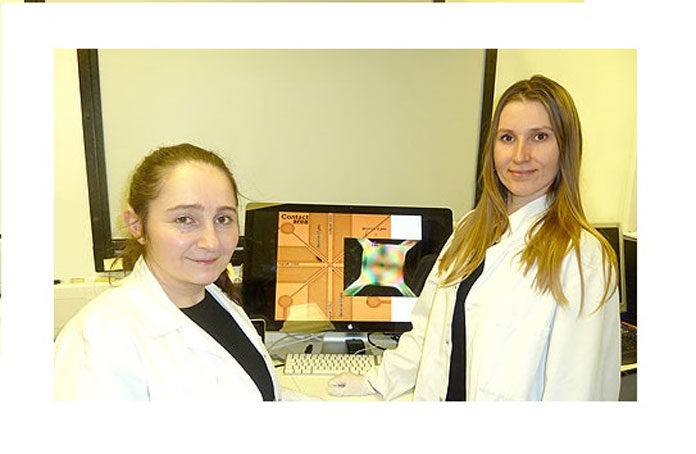There are many different fronts of exploration, and it’s hard to say where the future really is for it. Similarly, the growing production of optoelectronics material will soon replace technical achievements in electronics and photonics. Here, one more innovation could revolutionize optoelectronics material. Scientists from the University of Exeter have developed an innovative new method to revolutionize computer electronics manufacturing.
Scientists have developed a new method that will engineer computer chips in more easy and cheap way. According to scientists, this pioneering new method will produce cutting-edge, versatile microchips. Additionally, it could recast the speed, efficiency, and ability of the next generation of computers.
Dr. Anna Baldycheva, from Exeter’s Centre for Graphene Science, said, “This discovery will hopefully lead to a revolution in the development of vital new materials for computer electronics. The work provides a solid platform for the development of novel next-generation optoelectronic devices. Additionally, the materials and methods used are extremely promising for a range of further potential applications beyond the current devices.”
The method is hopefully could be vital to the next generation of renewable energy, security and defense technologies.
Scientists actually want to devise a versatile, multi-functional technology too much enhance future capabilities in computer electronics.
So, they used microfluidics technology, which uses a series of minuscule channels. This technology controls the flow and direction of tiny amounts of fluid. The fluid is two-dimensional and consists of graphene oxide flakes. Scientists then mixed these graphene oxide flakes together to create the chip.
Through the flakes, scientists used a new sophisticated light-based system to drive the assembly of the three-dimensional chip structures. This provides a blueprint for others to use to help manufacture the chips.
Associate Professor of Nanoscience at Exeter, Monica Craciun said, “We are very excited about the potential of this breakthrough and look forward to seeing where it can take the optoelectronics industry in the future.”
